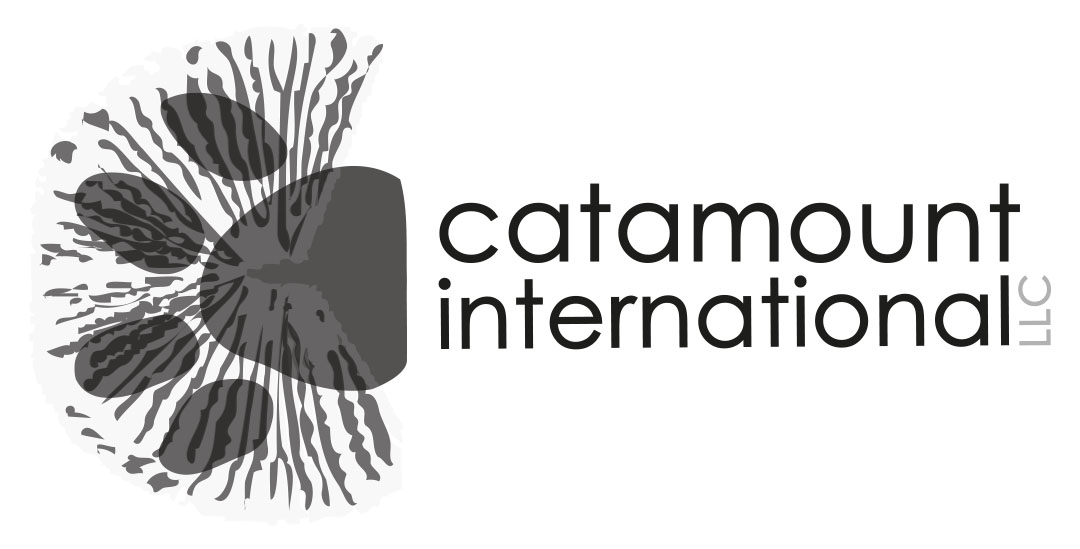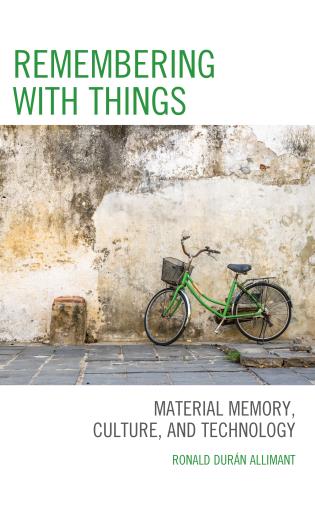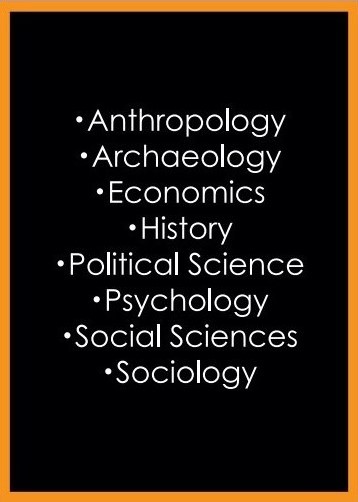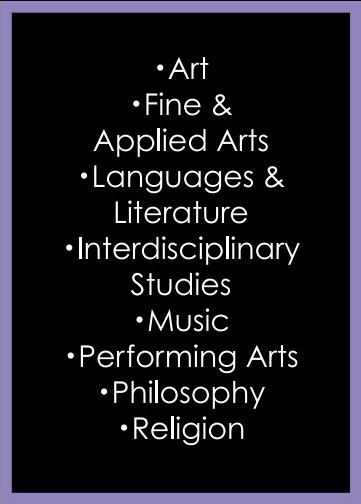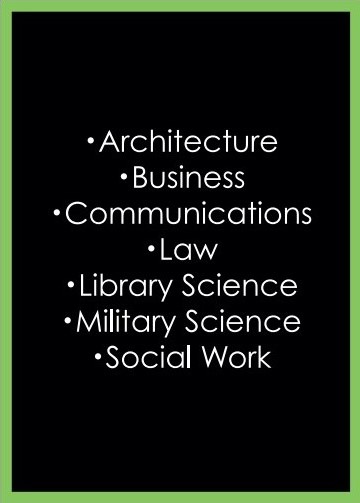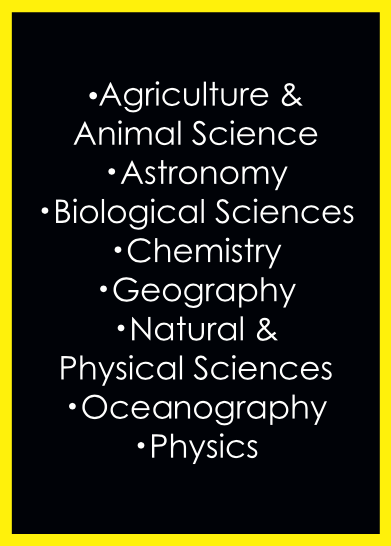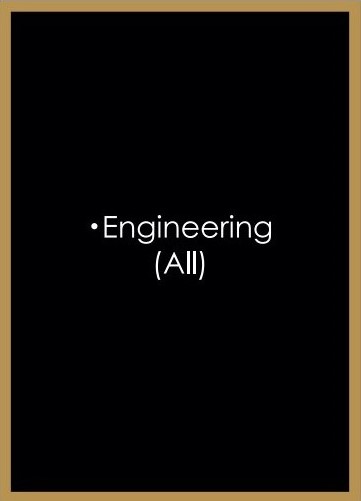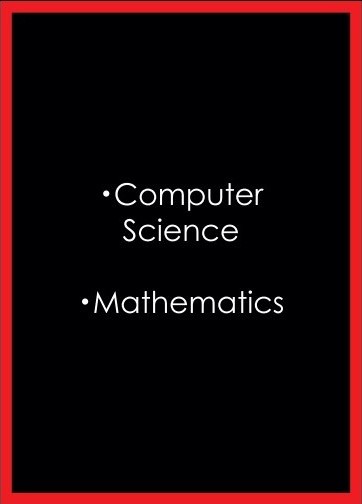Remembering with Things
Breve Descripción
Hacemos nuestra vida con cosas, rodeados de artefactos técnicos y tecnologías. Son fundamentales en nuestra forma de ver y actuar, pero sólo a veces somos plenamente conscientes de ello. ¿De dónde vienen estas cosas? ¿Cómo se produjeron? ¿Cómo definen nuestras posibilidades y nuestras identidades? ¿Cómo determinan la forma en que recordamos y proyectamos nuestro futuro? Este libro explora estas y otras cuestiones relacionadas analizando las relaciones entre la tecnología, la memoria material y las formas de vida, enfatizando el papel activo y constitutivo que juegan las tecnologías en nuestro recuerdo de las cosas.
Breve descrição
Em 11 de agosto de 1961, aos dez anos de idade, Yvonne Conde deixou Cuba num dos maiores êxodos políticos de crianças da história: a Operação Pedro Pan. Porém, ao contrário de Peter Pan, essas crianças continuaram a crescer mesmo sendo separadas de suas famílias. Nesta edição, com um novo prólogo, Conde analisa a Operação Pedro Pan sob a perspectiva de seis décadas e atualiza os leitores sobre os acontecimentos e descobertas desde a inovadora primeira publicação deste livro em 1999. Escrevendo com compaixão e rara perspicácia, Conde descobre a verdadeira histórias de um episódio pouco conhecido da Guerra Fria.
Full description
We make our life with things, surrounded by technical artefacts and technologies. They are fundamental in the way we see and act, but only sometimes we are plenty aware of this. Where do these things come from? How were they produced? How do they define our possibilities and our identities? How do they determine the way we remember and project our future? This book explores these and other related questions analysing the relationships between technology, material memory, and forms of life, emphasizing the active and constitutive role that technologies play in our remembering with things. It argues that our common understanding of memory and its technological mediation is determined by a static view of technology, memory, and culture, and that this view is burdened by a dualism between the material and the immaterial, that overlooks the active role of memory and technology in our present forms of life and in the shaping of our future. To overcome this static view and its dualism, this book proposes a dynamic view of memory, technology, and culture, emphasising the active and constitute role of technologies in the shaping of our forms of life and including themes unusual in memory studies, such as the production of technology and the concept of nature. The approach of this book is theoretical and philosophical, but interdisciplinary, incorporating ideas and concepts from various disciplines, particularly the arts, humanities and social sciences.
Social science
otras áreas de / interés...
other areas of / interest...
outras áreas de interesse...
¿Buscas un título en un área específica?
¿Buscas un título en un área específica?
¿Procurando livros em uma área específica?



